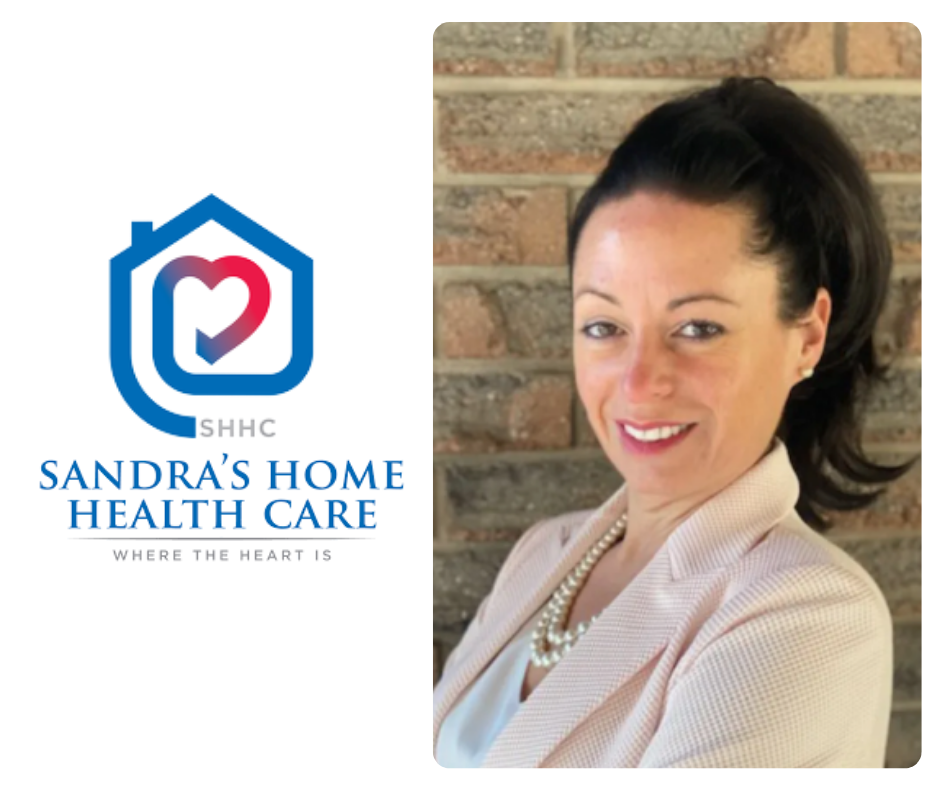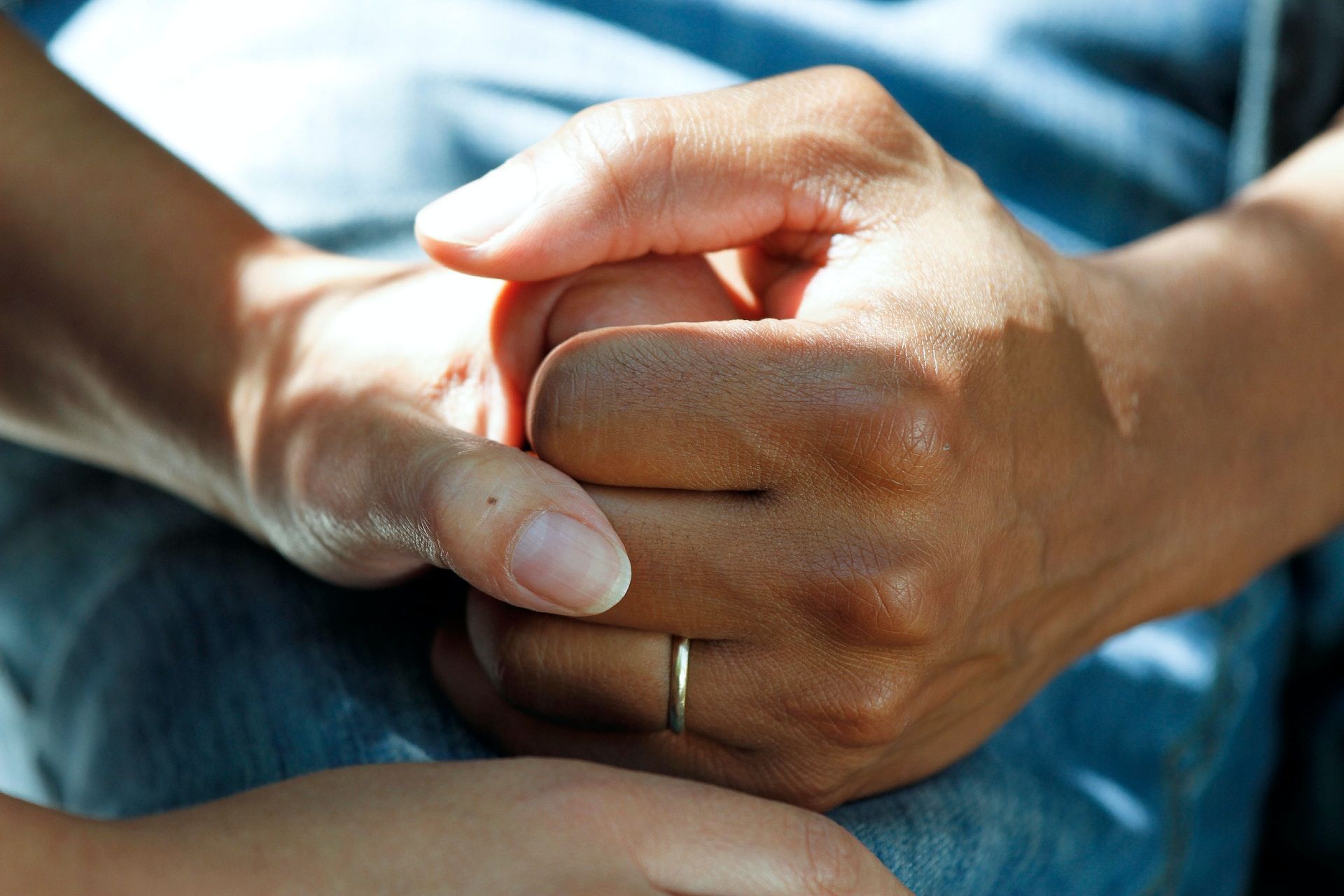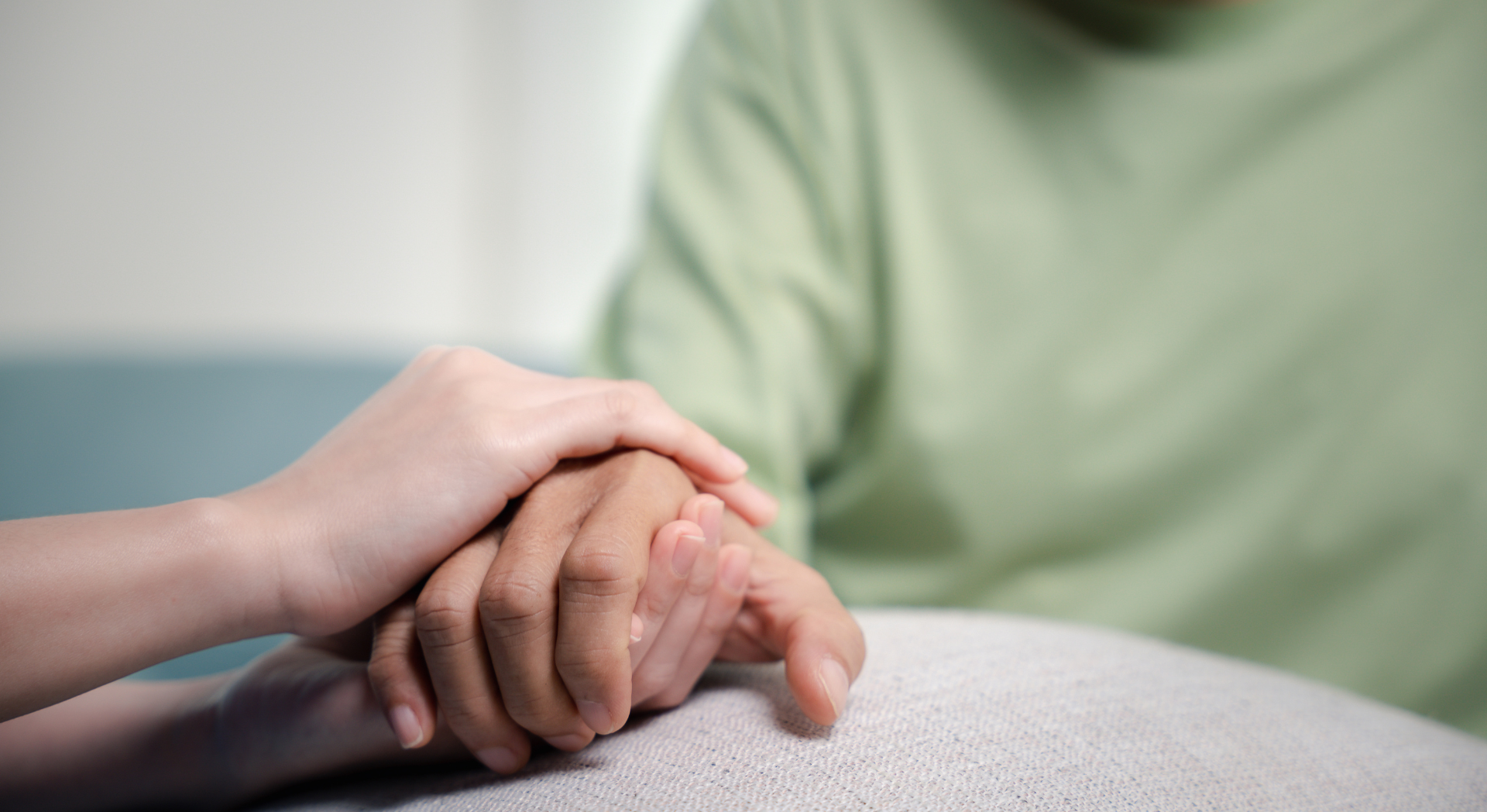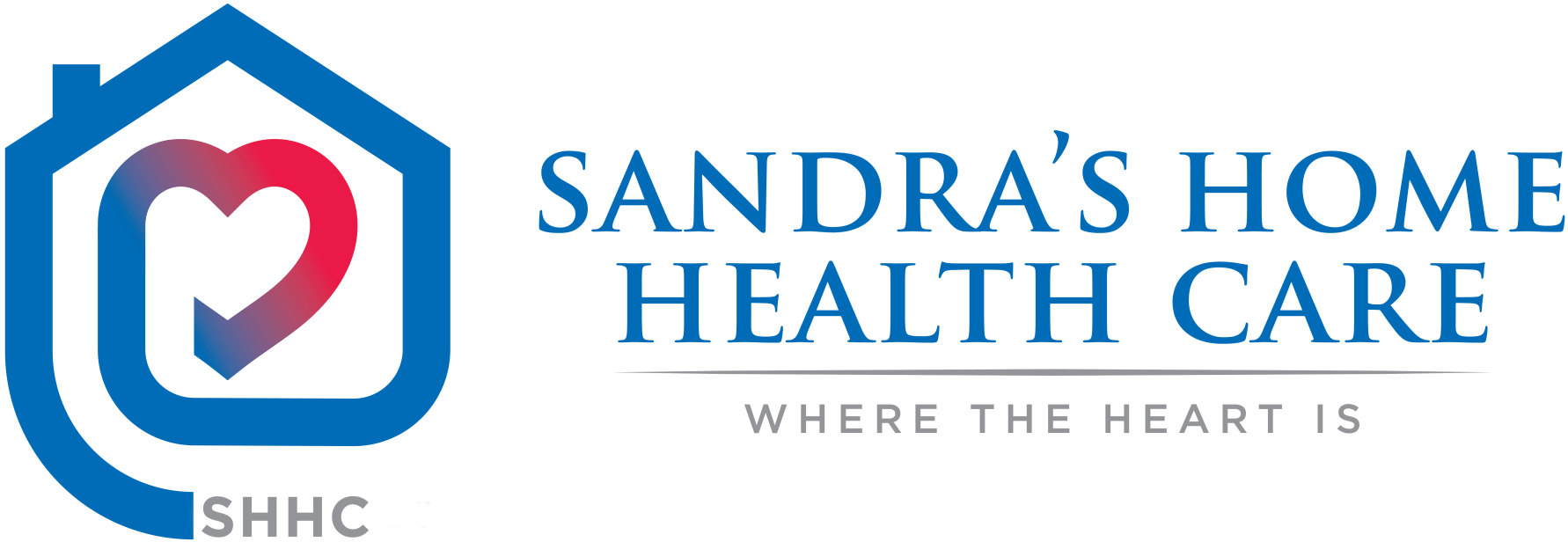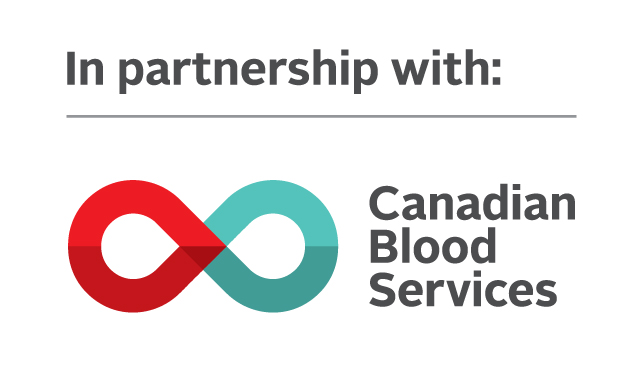A senior’s friendship sparks home care business
At Sandra's Home Health Care (SHHC), our commitment to providing comprehensive care means that we are fully equipped to support our clients at any stage of life or capacity through Activities for Daily Living (ADL). From the smallest assistance to more complex care needs, our compassionate team is dedicated to ensuring that each client receives personalized support to lead a fulfilling and dignified life within the comfort of their own home.
Whether we are supporting you by attending appointments together or performing regular hobbies, our certified team or PSWs (Personal Support Workers) and Care Experts possess the skills and capabilities to help you or your loved one thrive and continue to live meaningfully.
What are Activities for Daily Living?
Activities for Daily Living (ADLs) are essential tasks that we complete every day. These activities promote our physical, mental, and spiritual well-being and are fundamental for maintaining one's independence.
Did you know that there are two categories of ADLs? Basic ADLs and Instrumental ADLs.
Basic ADLs are related to personal hygiene, dressing, eating, mobility, and continence.
Instrumental ADLs encompass more complex tasks such as meal preparation, housekeeping, appointment attendance, medication management, and so on.
Activities for Daily Living (ADLs) are integral to our care philosophy. We firmly believe that these activities are essential for enhancing independence, maintaining functionality, and improving our clients' overall quality of life. Our approach to ADLs revolves around individuality, choice, and empowering our clients to participate actively in their daily routines.
What are examples of Basic Activities for Daily Living (ADLs)?
Personal Care Assistance
Personal Hygiene and Dressing Assistance
Our priority is to offer personal care assistance that respects the freedom of our clients to maintain their preferences. Whether it's skincare, nail care, or oral care, our compassionate caregivers ensure that these activities are carried out with dignity and sensitivity.
Incontinence Care
We recognize the significance of sensitivity and support when it comes to incontinence management. Our certified staff is well-equipped to provide reminders, encouragement, or full assistance as needed, all while maintaining the dignity and comfort of our clients.
Feeding Support
Our caregivers offer compassionate feeding assistance that goes beyond just meeting nutritional needs. We understand the importance of mealtime experiences and ensure that clients receive the necessary support to eat comfortably and with dignity.
Showering Assistance
Our certified staff will encourage independence and assist as needed while offering dignified bathing assistance.
What are examples of Instrumental Activites for Daily Living (IADLs)?
Meal Planning and Preparation
Proper nutrition and positive mealtime experiences promote healthy and balanced living. Our caregivers work closely with clients to understand their dietary preferences and restrictions, and they engage them in meal planning and preparation whenever possible.
Our staff will also assist with picking up groceries and/or prescriptions as needed. Inquire for more details!
Medication Management
Managing medications is a crucial aspect of Daily Living, especially for clients with complex medical needs. Make sure you or your loved one are receiving the medicine they need when they need it.
Mobility Movement and Physical Activities
Whether it's a leisurely daily walk in the park or engaging in indoor or outdoor physical activities, we prioritize your well-being and independence. You can have peace of mind knowing that our dedicated PSWs will be there to offer support whenever needed. Our caregivers are not just there to assist you; they will actively participate in activities alongside you, ensuring you have a companion. With our team by your side, you can embrace an active lifestyle and continue to pursue the activities you love with confidence and enthusiasm.
Cognitive Support and Mental Wellness
Our PSWs are trained and committed to providing specialized cognitive support that promotes better overall well-being and mental wellness. Meaningful conversations and activities are great ways to engage at all levels of capability. Did you know that daily engagement and activities can help prevent or slow the impacts of Alzheimer's and Dementia? Creating an environment that fosters mental agility and memory retention is top of mind at Sandra’s Home Health Care!
Postoperative Support / Injury Recovery
For home and extended hospital stays, home care through any recovery
The goal of post-operative and accident care is to maximize the patient's physical and mental health following surgery or an accident. It is a complex and ongoing procedure.
Medical supervision, wound care, medication administration, dietary guidance, education, and instructions for at-home care.
Our focus on Activities for Daily Living (ADLs) is centered around personalization. We firmly believe in empowering and supporting our clients to maintain their independence, enabling them to lead lives of greater value and fulfillment.
If you have questions or would like to learn more about ADLs and if they may be right for you or a loved one, please contact us below!
